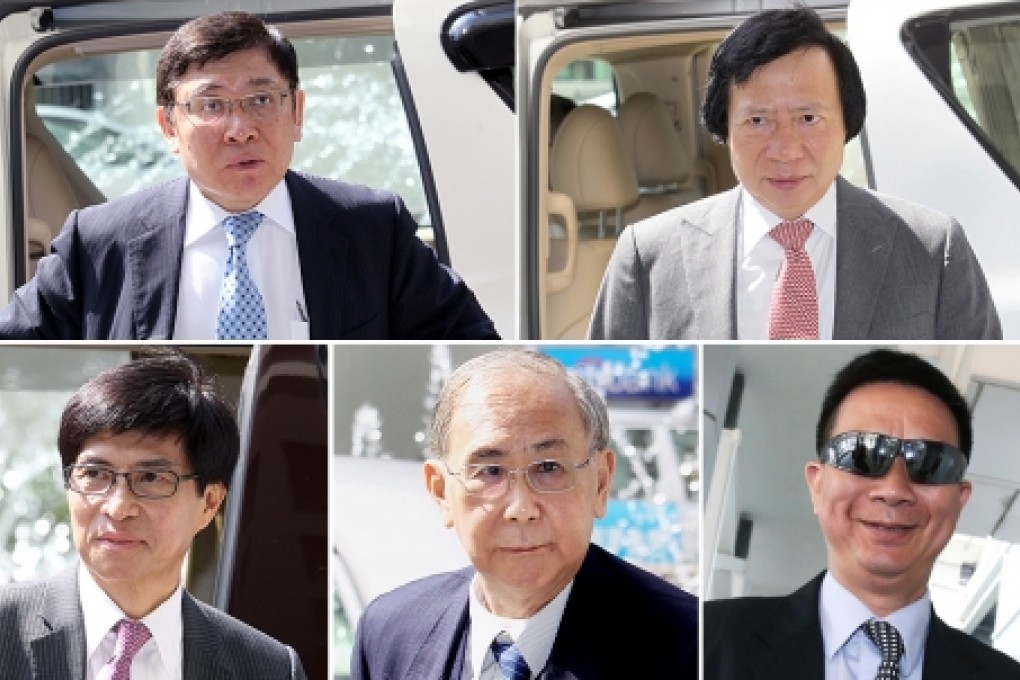Corruption trial delayed as judge ‘reluctantly’ discharges jury
Judge 'reluctantly' adjourns proceedings in high-profile graft case after juror complains of illness

The judge presiding over the city's most high-profile corruption case "reluctantly" discharged the jury barely an hour into the hearing yesterday.
The collapse of the nine-strong jury, which had been sworn in on Monday, was prompted by the exit of a juror who complained of illness.
While sitting there listening to the case, [your recovery is] not running any risk
This resulted in the adjournment until Wednesday of the High Court case alleging former chief secretary Rafael Hui Si-yan took HK$34 million in bribes from the heads of Sun Hung Kai Properties and others.
The juror, backed by a letter from a doctor at Baptist Hospital, told Mr Justice Andrew Macrae that he still experienced pain almost three months after having a hernia operation. He said that the pain came back as he returned to running his one-man business after a morning in court on Monday. The next day he did not turn up at court.
|
The law relating to the discharging of jurors is found in the Jury Ordinance. Section 25 provides that a court may at any time discharge a juror if it considers this to be in the interests of justice or the interests of the juror. Section 24 permits a nine member jury to be reduced to eight, seven, six, or five members in this way. If the jury has the full nine members, at least seven of them must agree on the verdict. No less than six jurors must agree on the verdict if the jury is reduced to eight members. Should the jury have less than eight members, at least five of them must agree on a verdict. The smallest jury possible under the Ordinance is one of five members. In such a case, they must all agree on the verdict. |
The juror said that if he stayed in the trial, he would have to compress his usual daily work into just a few hours after the hearing ended in the late afternoon.
Macrae was initially unconvinced, saying he himself had returned to the bench after undergoing similar medical treatment a few years ago. "While you are sitting there listening to the case, [your recovery is] not running any risk," the judge said.
